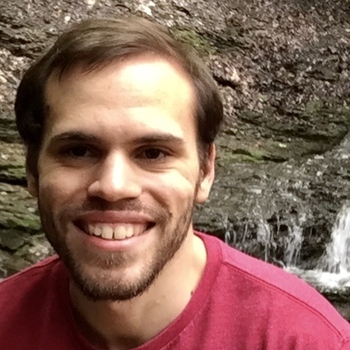
Benjamin McCormack
Introduction
This site is specifically to access the client portal. If you would like more information, please go to www.newheightslcswpllc.com
Connect
View websiteHighlights
- Available on weekends
- Offers free consultation
- In-person appointments
- Accepts insurance
Licenses
-
LCSW #089257 (NY)
Specialties
Additional focus areas
Treatment Approaches
Population focus
Appointment types
- Individuals
- Families
Age groups
-
Toddlers (under 6)
-
Children (6-12)
Languages
-
English
Free intro call available
Pay with insurance
-
CDPHP
-
MVP Healthcare
Pay out-of-pocket
-
Psychotherapy Services $125
-
Parent coaching $125